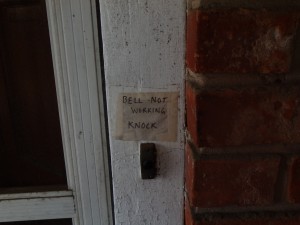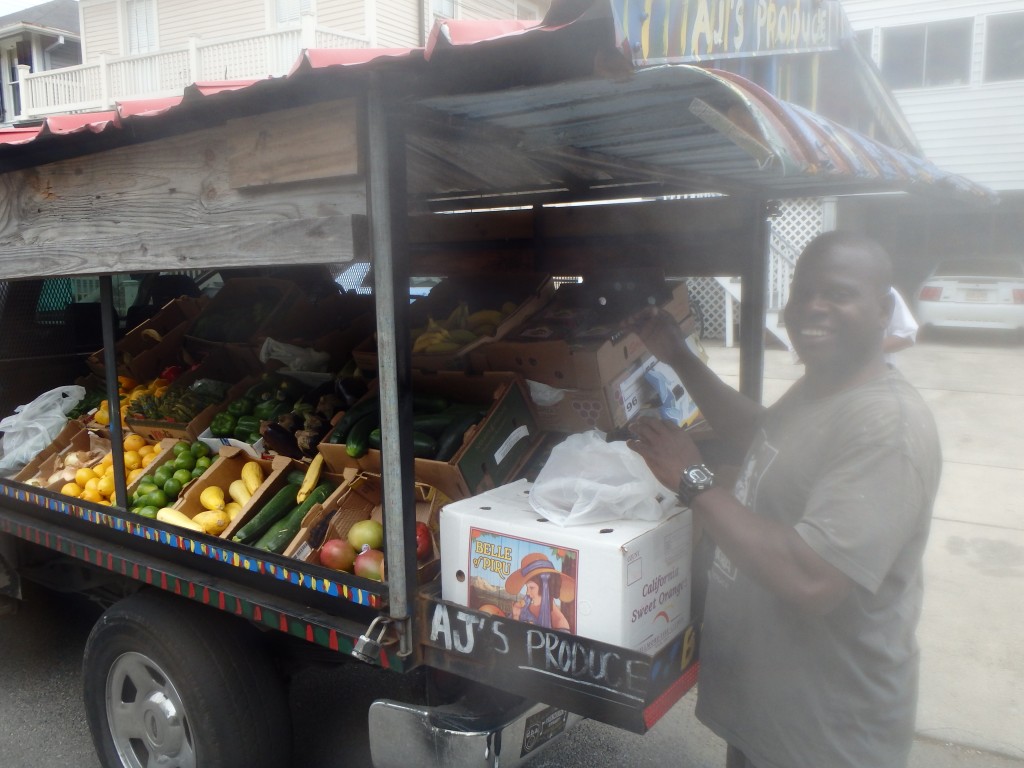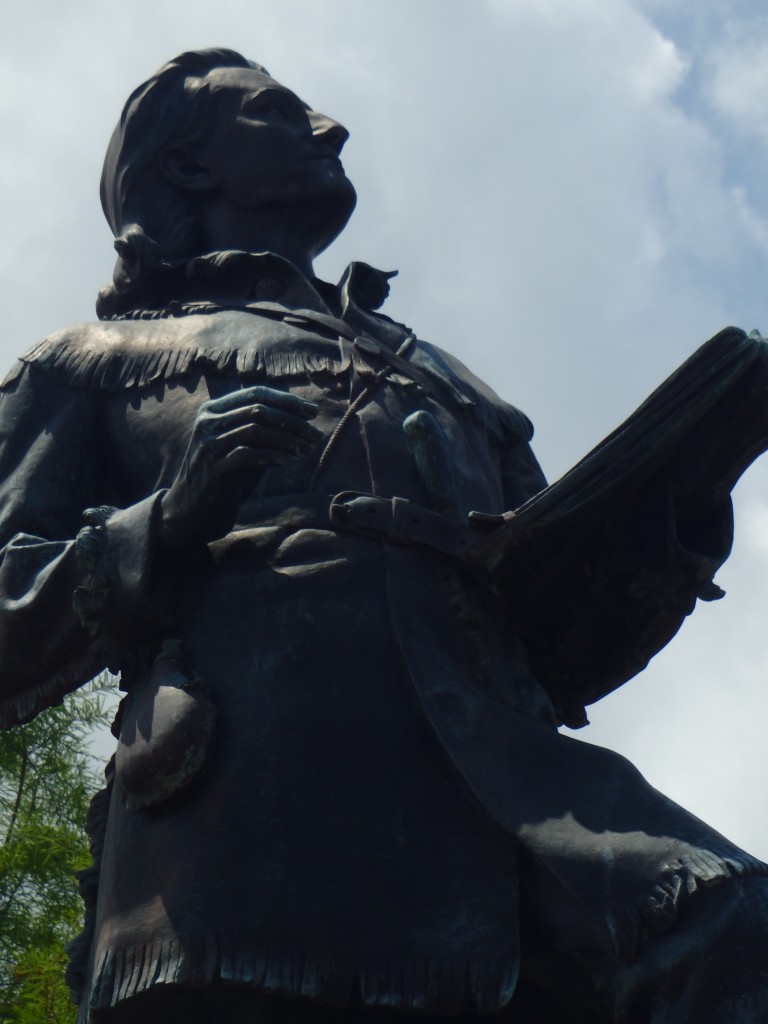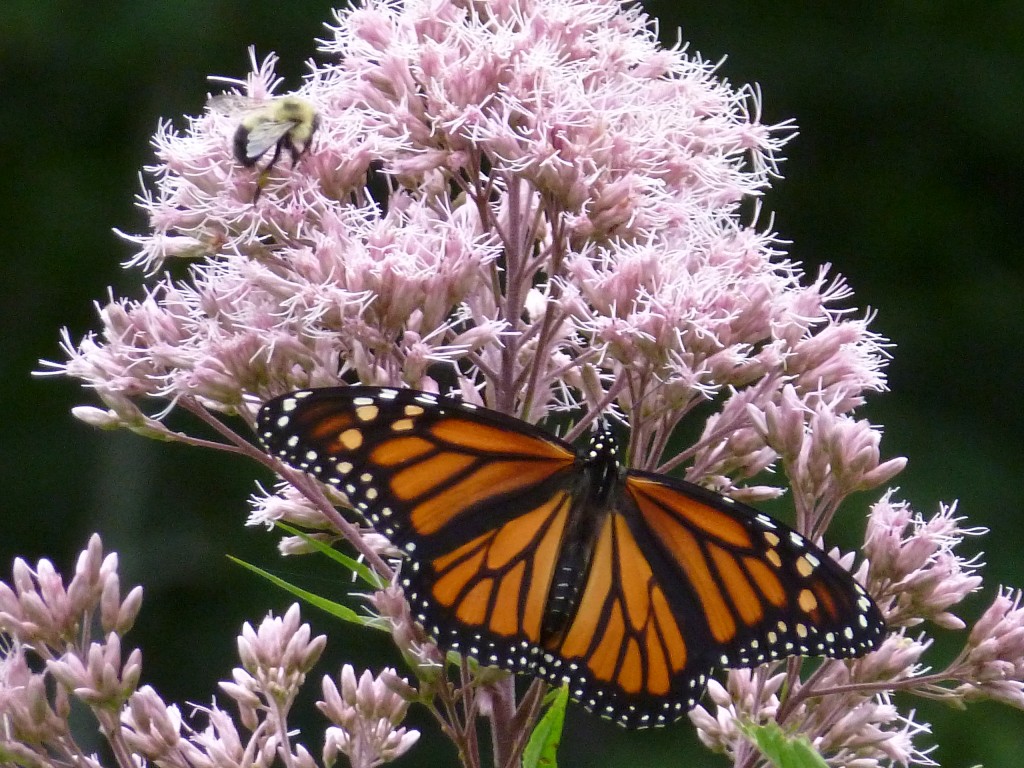heigh 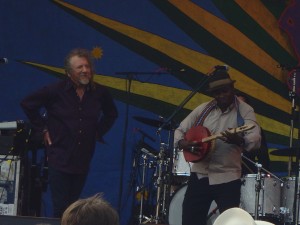 I had been encouraged to go see Robert Plant by a groundskeeper at the Chalmette National Cemetery; and he had picked the right guy to sell me on, because I always lean towards the epic, and when you give songs titles like “The Battle of Evermore” you’re certainly at least aiming big. I’ve enjoyed some of the highlights of Plant’s later career too, songs like “Shine It All Around” or “Please Read the Letter,” so it seemed he still had at least something left. Rock music seems to be like poetry: souls involved in it have a brief shelf life, and it is rare to find someone doing vital new work after forty; those who do typically require tremendous amounts of self-reinvention and a willingness to get multiple transfusions from other artists, often from very distant artists.
I had been encouraged to go see Robert Plant by a groundskeeper at the Chalmette National Cemetery; and he had picked the right guy to sell me on, because I always lean towards the epic, and when you give songs titles like “The Battle of Evermore” you’re certainly at least aiming big. I’ve enjoyed some of the highlights of Plant’s later career too, songs like “Shine It All Around” or “Please Read the Letter,” so it seemed he still had at least something left. Rock music seems to be like poetry: souls involved in it have a brief shelf life, and it is rare to find someone doing vital new work after forty; those who do typically require tremendous amounts of self-reinvention and a willingness to get multiple transfusions from other artists, often from very distant artists.
Regente Feijó Were it not for the fact that I had kept up a bit with Plant over the past decade, I would not have recognized him when he came out onstage: the curly blonde hair is there, but the face and body have so thickened and coarsened that it is hard for me to imagine him as the same person who fronted Led Zeppelin. I suppose we are all more or less sensitive to different forms of aging, as to different types of faces; and since when I look in the mirror I think my face is fleshy and graceless, I am sensitive to seeing someone age out of the grace I envy. Plant looks a great deal like an old truckdriver now, and his face looks unusually American for an old British rocker.
But you can tell he’s Plant when he sings, and I have to say, his voice is quite extraordinary, and has aged unusually well: he cannot reach the high notes anymore, but they were always screechy for him anyway, and it is just as well that he takes his songs elsewhere now. But he still has a high, powerful voice, and his lower notes have grown much richer and fuller with age.
He performed for something like an hour, his songs divided into three categories: 1) Led Zeppelin songs, usually updated with some kind of Third World flavor (the traditional Paul Simon reinvention approach) 2) covers of traditional American songs 3) his own solo music, which has a general recipe: an exotic World Music drone, a Led Zep big drum line, and some mysterious, moodful lyrics.
It’s a pleasant enough formula, and it works, though my favorite part of his show were his few ventures into the “roots” music. He sang his own version of a Bukka White song, “Fixin’ to Die Blues,” which he didn’t have to say had been in his mind when Led Zep recorded “In My Time of Dying.”
I think I sensed from him some kind of guilt at the way he and the other early British rockers plagiarized the old Blues musicians, most of whom lived and died poor while their white plagiarizers became millionaires, got knighted, and bought castles. But as Vergil said of his own thefts of Homer, people do not know how much talent it takes to steal from a master. The old Blues music was full of all kinds of material suited for the radio, but it needed a great deal of transformation before that would be possible. People like Page and Plant and Clapton added a great deal – and a great deal that was great too – and you can hear it when comparing Plant’s version of Fixin to Die Blues [embedded] and the original; some people will prefer the original, but Plant’s is different and certainly more popular in treatment. “In My Time of Dying” is even further developed.
Blues music is mostly for white people now, and the old power it had – witness Son House – is buried with those old black men who sleep in those graveyards from Mississippi to Michigan. But I had no problems listening to Plant sing these songs – oddly enough, a life of sex, drugs, and Rock n’ Roll seemed to have provided misery enough. Plant as he sang did in fact sound like he knew what it meant to be fixing to die.
The material of the song– being on one’s deathbed – is suited to the genre, and highly expressive in all its several lyrical versions.
Feeling funny in my mind [other version: “in my eyes”]
Believe I’m fixing to die.
Feeling funny in my mind –
I believe I’m fixing to die.
Lord I don’t mind dying –
But I hate to see my children cry.
Plant’s presence onstage is most impressive, and it was clear that the crowd wanted no one but him. He made strange motions to elicit applause, gently sweeping his hands down to the ground as if sweeping applause up from beneath the stage, but it was effective. He seemed above pleasing the crowd, but also above wanting to displease the crowd: being in front of a crowd was simply part of his life, and something he had to do well in order to live well. There were any number of songs I wished he had performed but didn’t – “Hey Hey What Can I Say”, or “When the Levee Breaks” – but it was a good performance, and I left with an improved opinion of the man, and a deeper curiosity about the Mississippi Delta, the cradle of all this music, where I was headed.
I will add a few notes about Jazzfest: New Orleans erupted in Jazzfest mockery a few years ago when it was announced that Bon Jovi would headline the festival – the accusation being that Bon Jovi has nothing to do with Jazz, or New Orleans, or the Blues, or anything, and his presence just showed that the festival was drifting off where all American culture was going: celebrity-worship over substance, and profitmaking above all. This accusation can be sustained, but in many ways Jazzfest has gotten so big and so popular that this is the most logical, and even the most appropriate direction for it to go. Plant and Clapton and Springsteen and Bon Jovi and all the other big-name musicians who have been at this festival in recent years are all accustomed to performing stadium music for stadium crowds; and now that Jazzfest takes place on a stadium scale, this is the only music that really works well there. The Gospel music belongs in a church; the Blues music belongs in a bar; the New Orleans brass belongs on the street. And all of those musicians do in fact perform at Jazzfest, not only at the fest itself but they perform at all sorts of venues through the city while Jazzfest goes on.
What is more, Plant and Clapton and others have also become museum pieces of a certain sort, as Rock music itself becomes another artifact of a passing cultural style. And they have much to say about the Blues and Jazz music that inspired their own styles, for they were its inheritors.
People in New Orleans were also complaining about the cost of Jazzfest – the day ticket I bought was $70 – and it was certainly the case that the crowd was upscale and almost all white. The crowd did not resemble New Orleans at all. It was mostly tourists, in fact.
I consider it one of the marks of a great Metropolitan culture to make its cultural riches accessible to its poor citizens, and I think the same should be done with Jazzfest, but I can say that there is no doubt that even as it is this great musical gathering benefits the city in myriad ways, not only as a massive local moneymaker: it employs almost all the great New Orleans acts, who are all invited, and brings them into close contact with many of the world’s great musicians, who come to perform and also to listen. And all these musicians fill the bars and clubs too, putting on all kinds of cheap shows, which all the New Orleans residents have stories about: being in the bar that night when Robert Plant came in and performed, or Mick Jagger, or Wynton Marsalis.
As for me, I pronounced myself happy with the day, and rode my bike on back to catch up with Johnny Angel.
